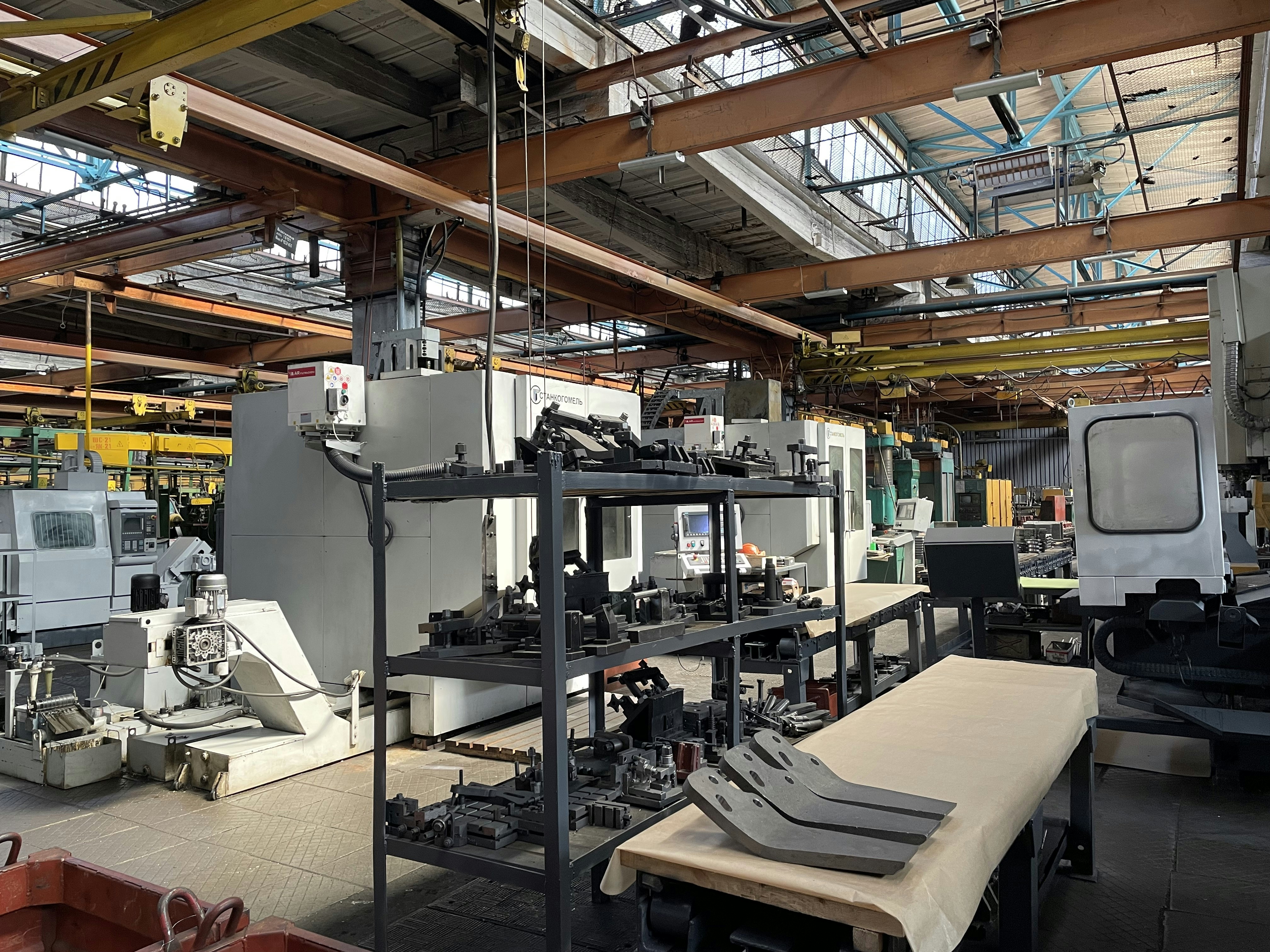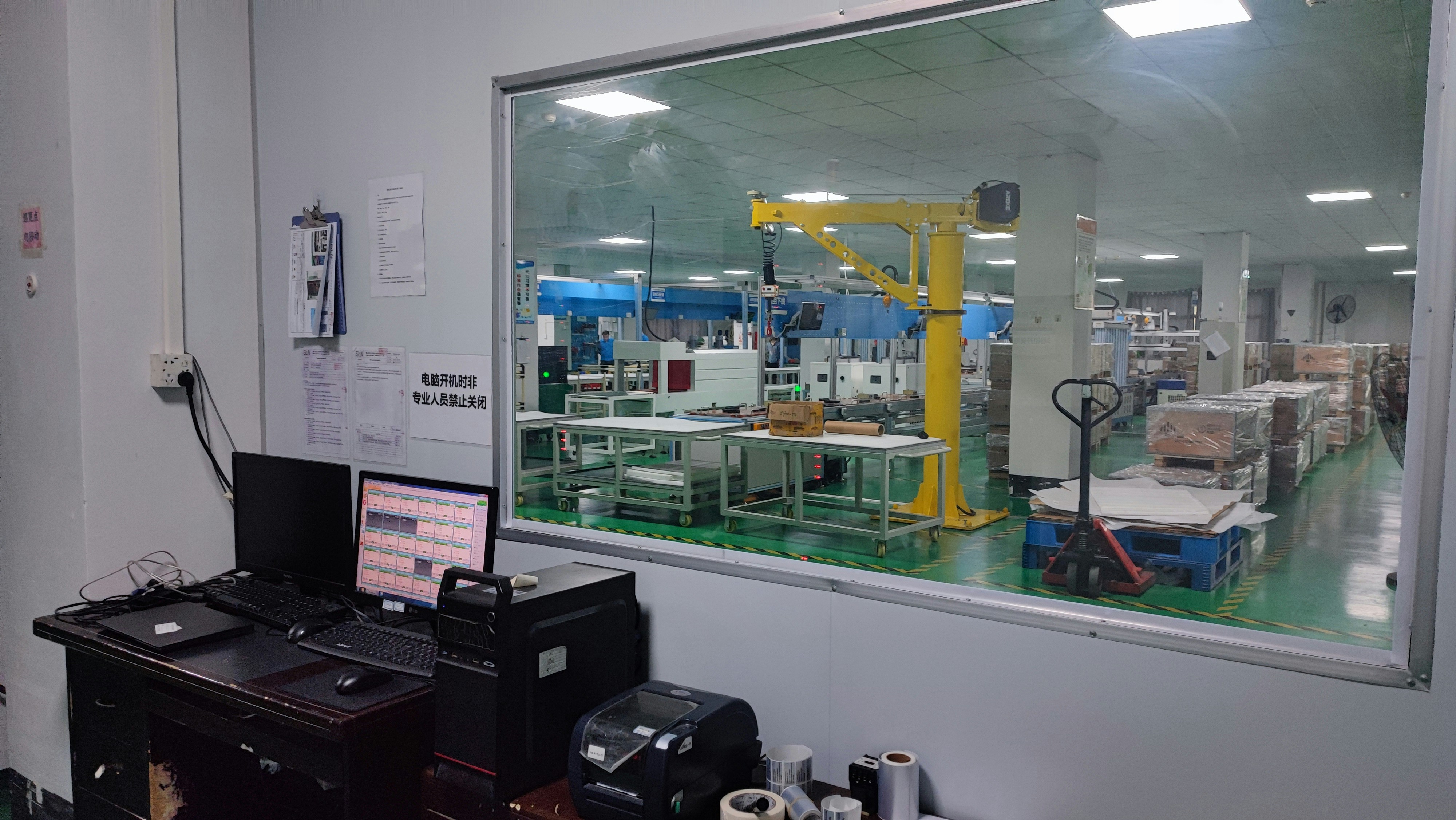The Role of Drones in Modern Logistics and Warehousing
Introduction to Drones in Logistics The emergence of drones as a transformative technology in logistics and warehousing has significantly altered the landscape of supply chain management. Historically, drone technology began with military applications but has since evolved into a versatile tool with various commercial applications. With advancements in battery life, sensor capabilities, and navigation systems, […]
The Role of Drones in Modern Logistics and Warehousing Read More »









